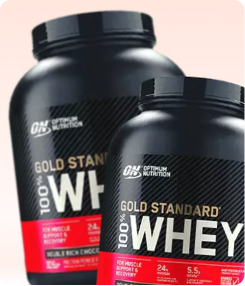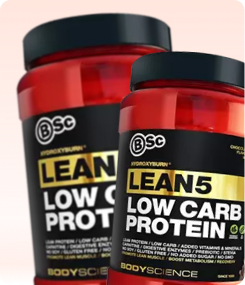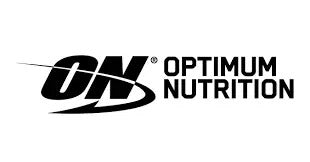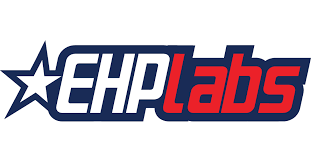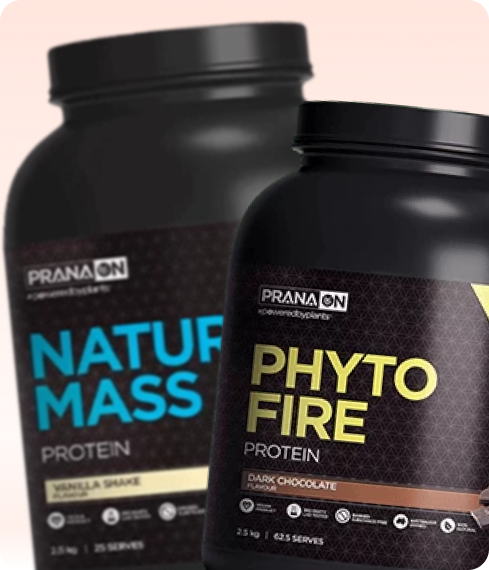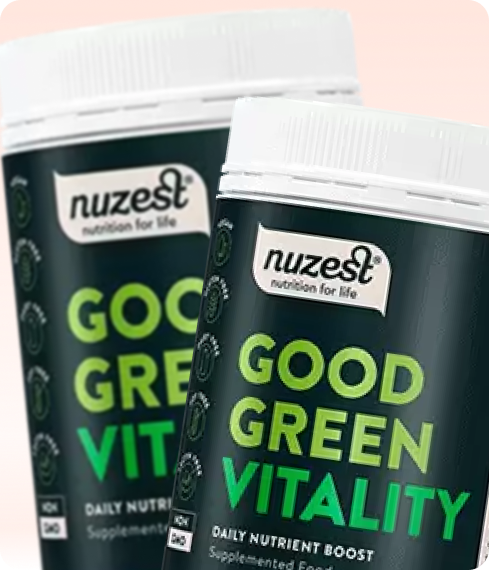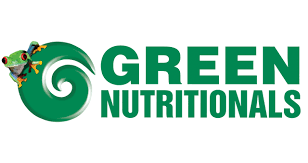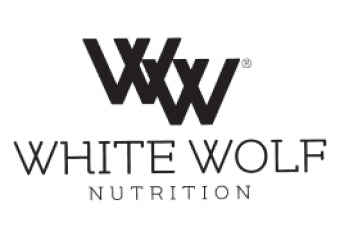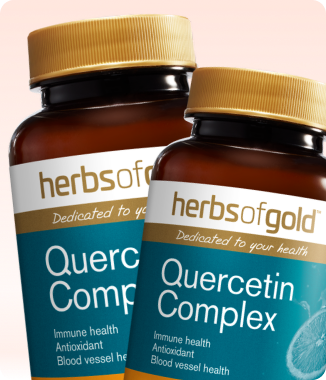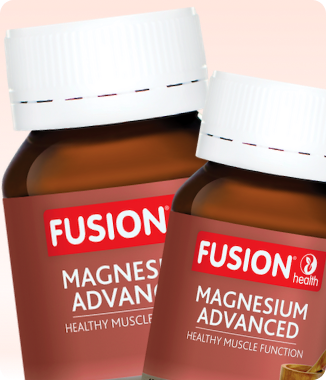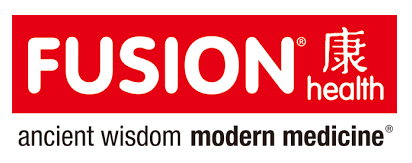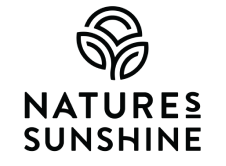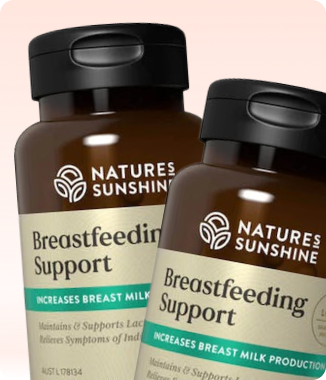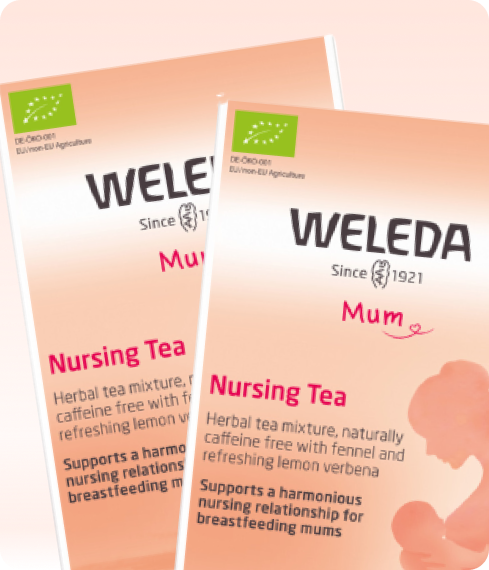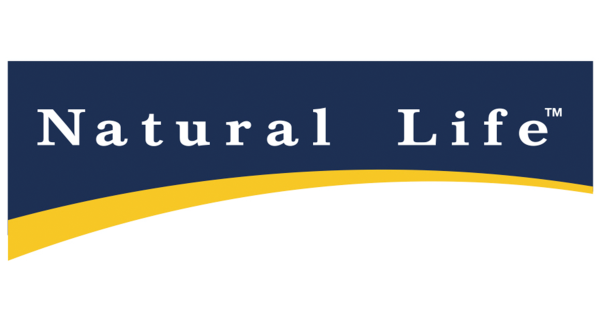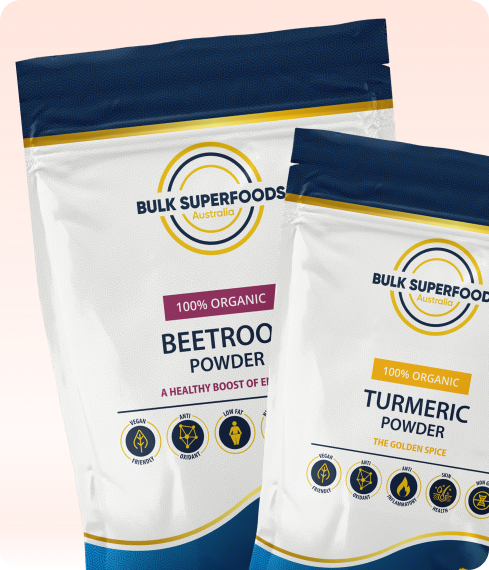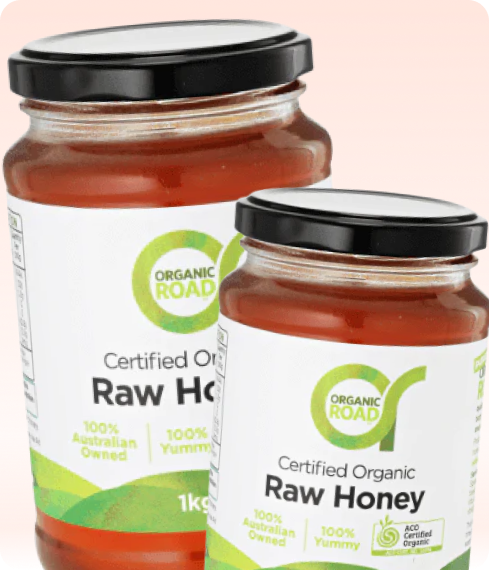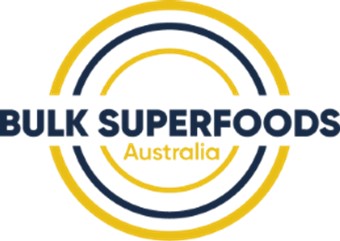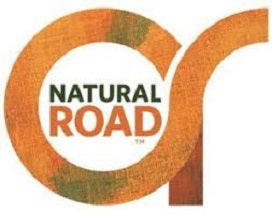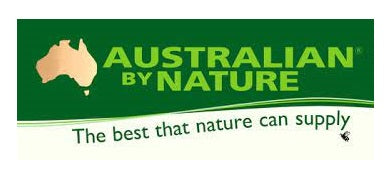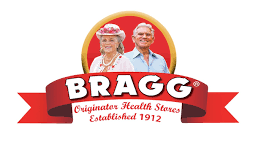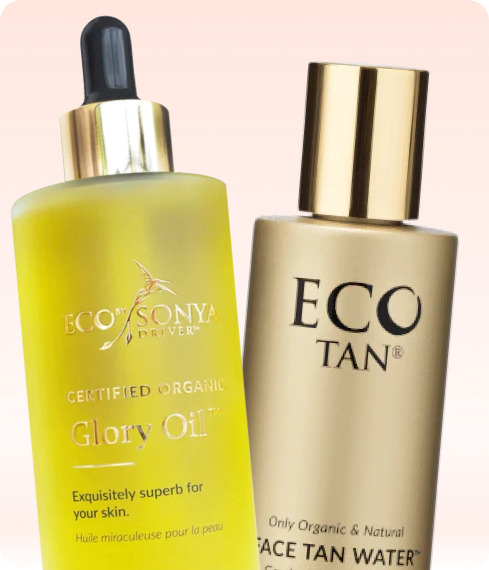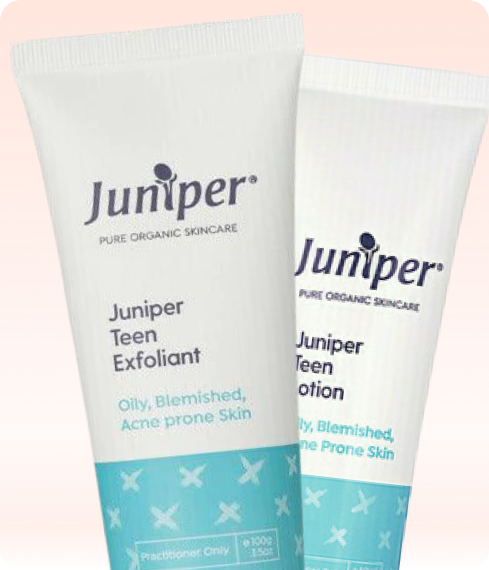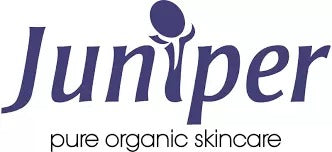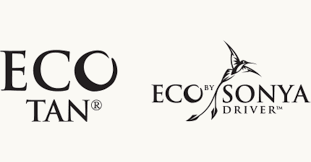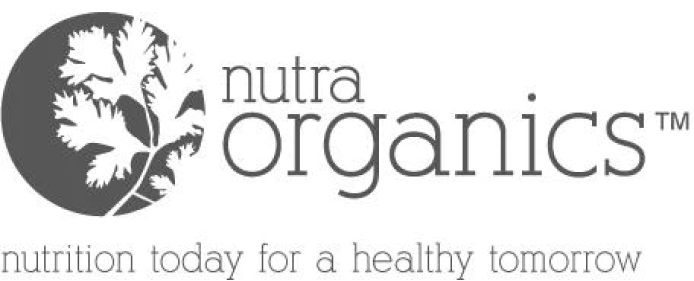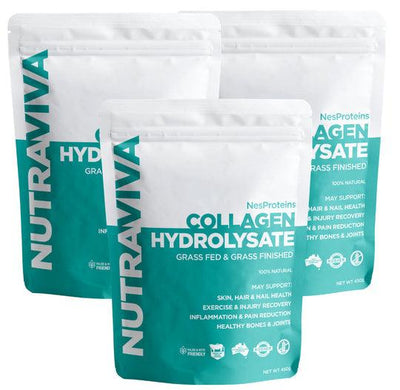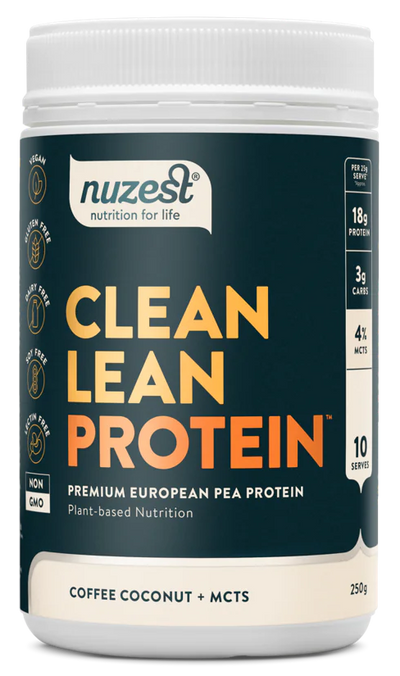Everything You Wanted to Know About Grass-fed Collagen

Addressing the Collagen Confusion: is there a superior collagen?
There are many benefits associated with collagen supplementation, including the ability to reduce inflammation and improve the overall bone & joint health. Collagen supplements are often recommended by healthcare professionals to control the symptoms of arthritis and osteoporosis. Similarly, boosting collagen levels can improve the strength of hair and nails, apart from making the skin less susceptible to developing signs of aging. However, identifying the better, more effective form of collagen supplement can be difficult.
There are five types of collagen, and grass-fed collagen contains type I and III type of collagen that is considered more effective. Grass-fed collagen specifically refers to collagen obtained from the bones of grass-fed cattle. In order to qualify as grass-fed, an animal must have been given nothing but grass or forage up until the time of slaughter, with the exception of milk consumed before weaning.
Get Clarity about Grass-fed Collagen versus Grain-fed Collagen
According to the North American Meat Institute (NAMI), 100% of grass-fed cattle are “fed only grass (or an equivalent of dried forage) their entire lives”. The U.S. Department of Agriculture (USDA) further specifies that for grass-fed animals, “grass and forage shall be the feed source consumed for the lifetime of the ruminant animal, except for milk consumed prior to weaning”. On the other hand, NAMI states that grain-fed (or corn-fed) cattle are given a diet of:
- Corn
- Soybeans
- By-products
- Forage (like leaves and stems)
- Mix of minerals and vitamins
Grain-fed cattle typically start on pasture-grazing before being moved to a feedlot. Then, they begin a grain-based diet 4-6 months prior to slaughter. In that sense, many consumers and cattle producers view grain-fed cattle as feedlot-finished or grain-finished beef. A 2010 review published in the Nutrition Journal found that a grass-based diet improved the fatty acid and antioxidant composition of beef. Compared to grain-fed meat, grass-fed produce possesses a higher proportion of heart-healthy omega-3 fatty acids and cholesterol-neutral stearic fatty acids. Plus, grass-fed cattle have greater levels of precursors needed for synthesizing vitamins A and E, as well as the cancer-fighting glutathione.

Health & Ethical Benefits of Grass-fed Collagen
Human and animal studies show that adding grass-fed collagen supplements to your routine may help prevent bone loss. It is also ethically sound, supports animal welfare, and it can lower the likelihood of exposure to chemicals, antibiotics, and hormones. Grass-fed cattle tend to be raised more humanely, as they have fewer space restrictions and can roam freely. Additionally, grass-fed cattle operations are more ecologically sustainable. Research shows that they consume less energy than indoor or confined operations and have a lower overall environmental impact.
Know Your Collagen: Types of Grass-fed Collagen
The main types of grass-fed collagen supplements are hydrolysed collagen and gelatine. Grass-fed hydrolysed collagen has high solubility and is made up of relatively tiny amino acid chains, making it simple to dissolve in water. These supplements can be dissolved in both hot and cold beverages. Grass-fed gelatine, on the other hand, comes from the partial breakdown of collagen. Gelatine only dissolves in hot liquids because, despite having a smaller structure than collagen, its amino acid chains are bigger. Both types are primarily found in powder form, although hydrolysed collagen capsules are also available. Grass-fed hydrolysed collagen is often added to smoothies, coffee, or tea, while gelatine is mainly used to make gummies or thicken desserts and sauces. Nutraviva Beef Collagen
Hydrolysate contains smaller pre-digested peptides compared to those found in other proteins, allowing them to be absorbed by the body more rapidly than intact proteins, thus maximising nutrient delivery to cells.
Yes, Grass-Fed Collagen Means Making Better Choices!
At Nutraviva, finding the cleanest source of grass-fed collagen is the most important part of the process. The company partners with smaller farms in Brazil where the cattle roam free, feeding on non-GMO grass, without antibiotics and hormones. By choosing grass-fed collagen, you can feel assured about providing your body a cleaner, better-quality collagen. Unlike the regular type of bovine collagen, grass-fed collagen translates into making a small contribution towards the environment and better treatment of commercially managed cattle.

